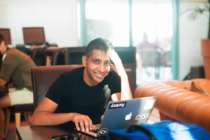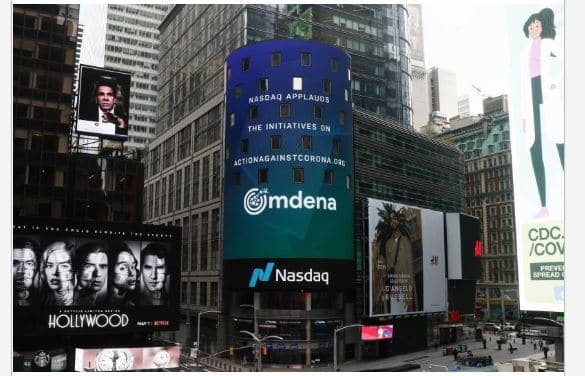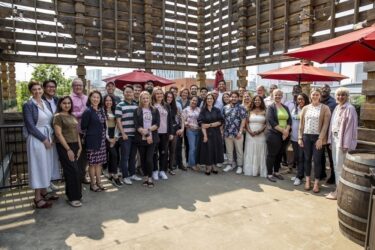Though artificial intelligence has shown to improve efficiency in business and other aspects of our daily lives, there’s certainly no shortage of moral conundrums that arise from its use. Whether it be the fear that it will take away jobs at a large scale or stories of racial and gender bias — like a health care algorithm that was found to be discriminating against black people — AI’s ascension has also brought about some glaring social dilemmas.
One AI-focused startup, however, is using the technology to come up with ethical solutions for organizations across the world to combat some of humanity’s biggest challenges. Omdena is a company that uses its expansive community of voluntary engineers to create lasting change through projects that take just two months to complete. Omdena collaborators have thus far worked to solve key societal issues alongside organizations and agencies like Save the Children, the United Nations, and the World Resources Institute.
“This system is built by people from all over the world who are collaborating together, giving their time for free and building these solutions.” — Omdena CEO Rudradeb Mitra
Through one project, Omdena was able to better identify child malnutrition, which affects more than 200 million worldwide, by developing a machine learning tool that can offer timely diagnosis and treatment recommendations before it’s too late.
In a separate project, the group helped a startup in Brazil to better detect and fight forest fires throughout the country. With a team of 47 data scientists from 22 countries, Omdena developed a scalable AI solution that is highly effective in identifying smoke in forests through daytime imagery. Omdena and the Brazilian upstart are now in talks to complete a follow-up project that can detect smoke coming from forests via nighttime images.
View this post on Instagram
So how do AI-focused collaborations come about? The process begins when organizations approach Omdena with a structural problem, and then the company deploys a team of around 50 volunteer engineers and collaborators in its community to help build out an AI-based solution in just eight weeks.
This collaboration-first approach that tackles problems that organizations on the ground are seeing every day has allowed Omdena’s AI solutions to help the world’s most marginalized.
“This system is not built by experts sitting in Silicon Valley,” Omdena CEO Rudradeb Mitra said at the 2019 Seedstars Summit. “This system is built by people from all over the world who are collaborating together, giving their time for free and building these solutions.”

Rudradeb Mitra. Image Credit: Medium
In addition to benefiting organizations and the communities they work with, Omdena also helps those who want to participate in AI development. Both novice AI engineers who seek experience on real-world projects and professional engineers who want to have a bigger social impact in their free time can gain from being part of Omdena’s community.
Founded in 2019, Omdena has already completed 35 projects with the help of more than 100,000 collaborators from across the globe. And the startup has a dozen more projects in progress and slated for the immediate future.
A future project alongside the health tech startup Humanity will take a look at ways that AI can help people improve their overall health and lengthen their lifespans. And yet another upcoming development project will look to curb diseases spread by mosquitoes in parts of Africa by identifying insect breeding grounds via drones.
The narrative around AI doesn’t have to be all doom and gloom. With each new project, Omdena is showing how AI can be used as a force for good in the world as well.












